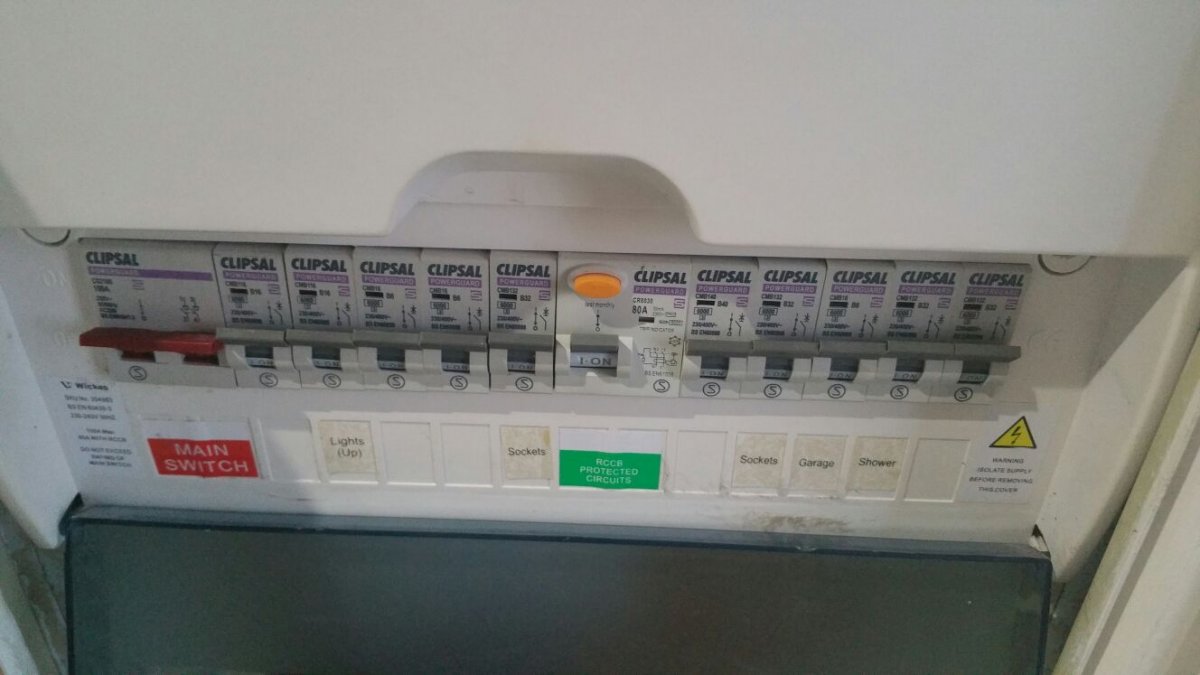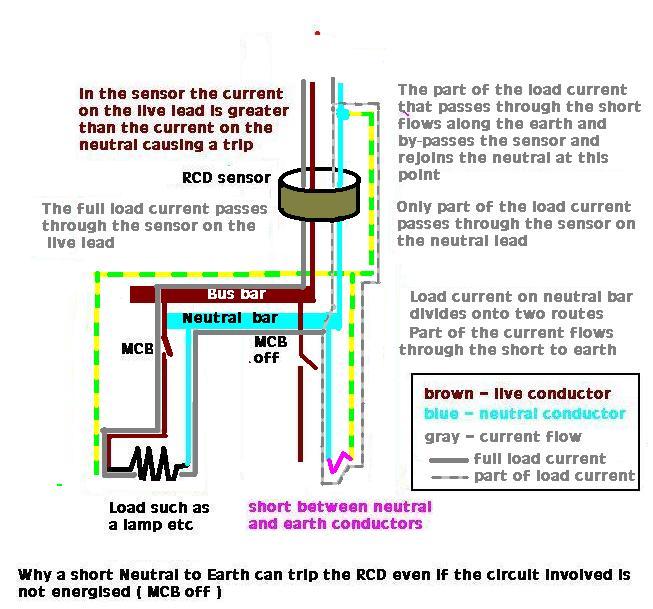- Joined
- 12 Jan 2016
- Messages
- 5
- Reaction score
- 0
- Country

Hi Everyone,
just looking for any feedback on this:
i have an Clipsal Powerguard CR8030 80A 30mA that keeps tripping. When the washing machine is on (new), or when the dishwasher is on (new), or when the electric over is on (new), or when using any of the kitchen wall sockets with any appliance ( 1600W+ kettle / toaster...). The thing is, this doesn't happen all the times! Some times i can use any of the above for weeks and it doesn't trip, unless i use more than one appliance!
Bearing in mind that my electrical skills are .... err... 0 ..... what do you advise?! should I change to an 100mA RCD?!

Thank You.
just looking for any feedback on this:
i have an Clipsal Powerguard CR8030 80A 30mA that keeps tripping. When the washing machine is on (new), or when the dishwasher is on (new), or when the electric over is on (new), or when using any of the kitchen wall sockets with any appliance ( 1600W+ kettle / toaster...). The thing is, this doesn't happen all the times! Some times i can use any of the above for weeks and it doesn't trip, unless i use more than one appliance!
Bearing in mind that my electrical skills are .... err... 0 ..... what do you advise?! should I change to an 100mA RCD?!
Thank You.


